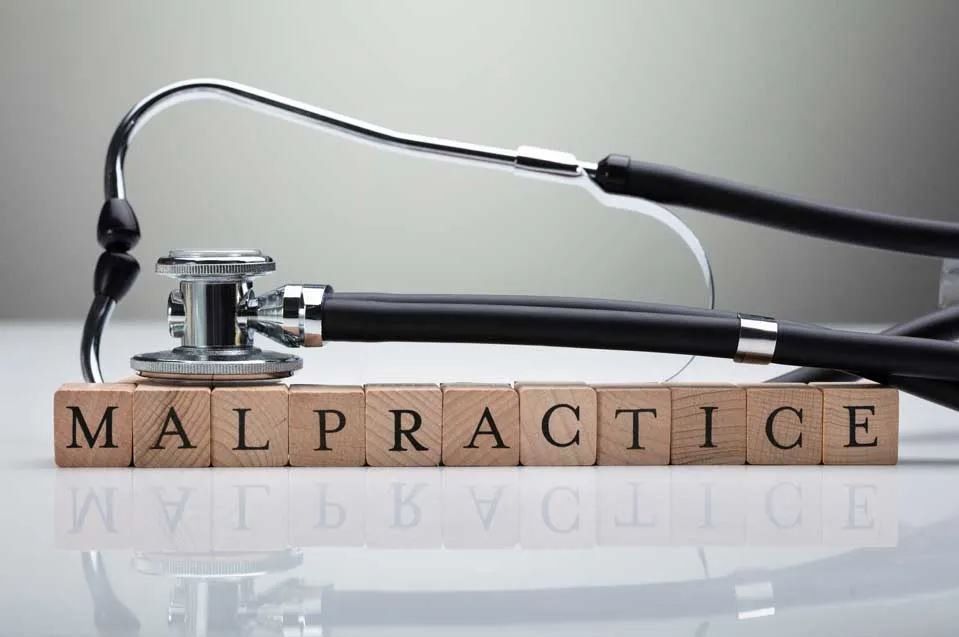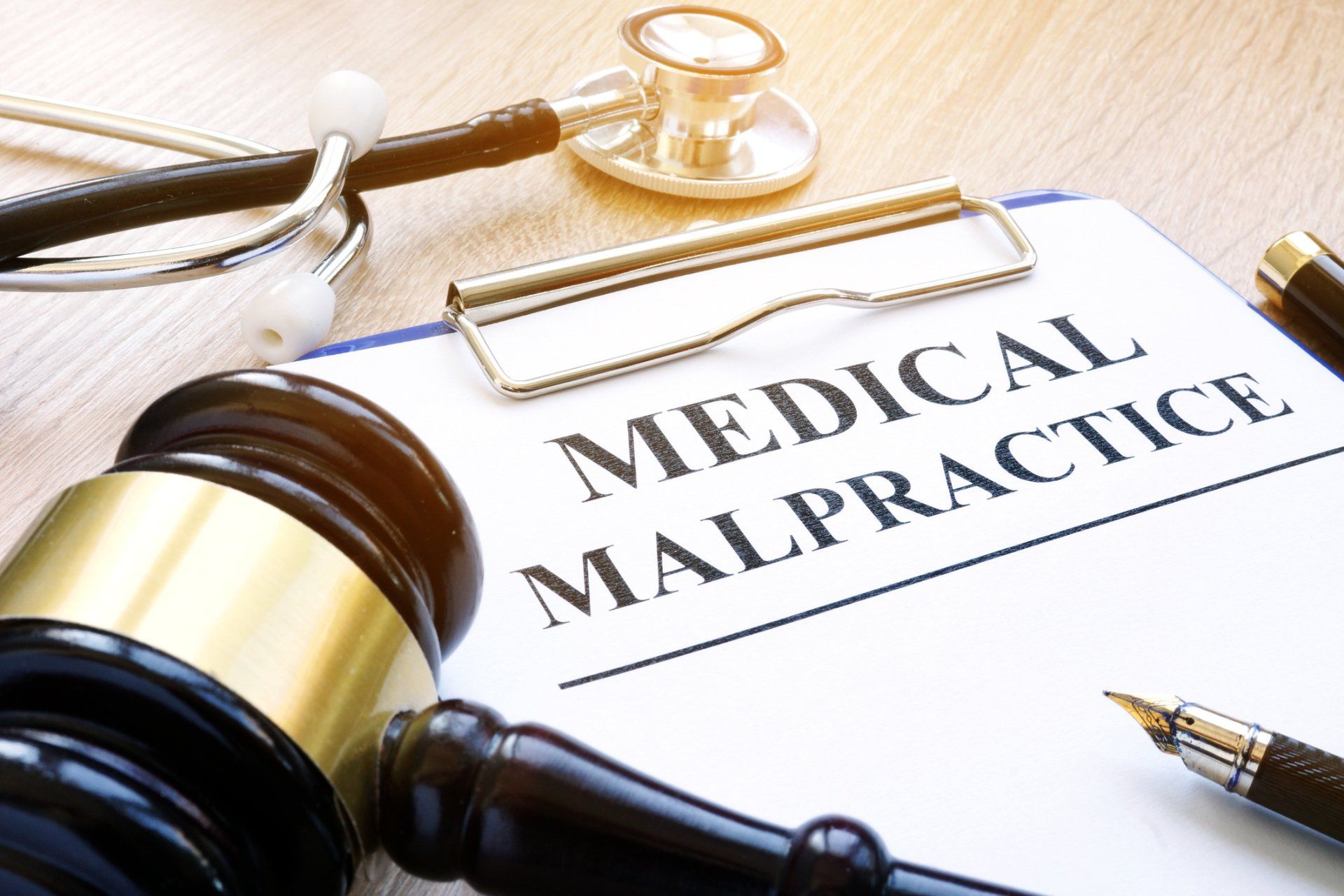How Medical Malpractice During Pregnancy Can Harm the Baby
September 1, 2020
The medical care you receive during your pregnancy affects your baby's health. Thus, medical malpractice during pregnancy can harm the baby and even trigger birth defects. Below is an overview of how medical malpractices during pregnancy can harm the baby.
Medication Errors
Various forms of medication errors can harm unborn babies. For example, an unborn baby can suffer if:
- A doctor prescribes a medication that is dangerous to unborn babies
- A doctor prescribes the wrong dosage to the mother
- A doctor prescribes a medication that interferes with normal pregnancy
Unborn babies are more sensitive to drugs than other people. That is why your doctor must know if you are pregnant before they prescribe your medication.
Consider the example of isotretinoin
that doctors use to treat severe acne. Unfortunately, the drug can cause severe birth defects if you use it during pregnancy. Thus, if your doctor knows that you are pregnant and prescribes the drug, the doctor will be liable for the birth defect their action might cause.
Diagnostic Errors
Diagnostic errors come in different forms. Examples include:
- Wrong diagnosis, where the doctor diagnoses a medical condition that you don't have
- Delayed diagnosis, where the doctor takes unnecessarily long to diagnose your condition
- No diagnosis, where the doctor fails to diagnose your condition
Any of these diagnostic errors can cause birth defects. Consider intrauterine growth restriction (IGR), an abnormal condition where the baby grows abnormally slowly. Such an abnormally small baby might suffer during delivery because their body cannot handle the pressure of delivery.
Ideally, your doctor should diagnose your IGR and take the relevant measure to help the baby. For example, premature delivery is sometimes necessary to save abnormally small babies. A doctor who fails to diagnose the condition in time might be liable for the injuries your baby might suffer.
Lack of Informed Consent
You should have a reasonable idea of a proposed medical treatment before you receive the treatment. The knowledge will help you decide whether to receive the treatment, which is what informed consent is all about. Some of the things you should know include:
- The diagnosis
- The proposed treatment
- The potential risks or complications
- The probabilities of success
- Alternative treatments
- Your prognosis without treatment
Without your informed consent, your doctor may be liable for the injuries you might suffer due to the treatment.
For example, invasive dental treatments are not advisable during pregnancy. Such treatments increase the risk of infections that might harm both the mother and the baby. Thus, if your dentist doesn't get your informed consent before an invasive procedure, the dentist might be liable for the harm your baby might suffer.
Negligent Prenatal Care
You need medical checkups from the beginning to the end of your pregnancy. The checkups keep both you and the baby safe. Prenatal care involves multiple services. For example, your health care provider may:
- Conduct different tests, such as ultrasound, to confirm the baby's wellbeing
- Advise you on what you should do to ensure a healthy pregnancy (for example, the doctor may advise you to avoid smoking)
- Screen you for health complications that might have the baby
Inadequate or the wrong prenatal care might constitute medical negligence. For example, your medical history and lifestyle affect your risk of premature birth. Premature birth increases the baby's risk of certain diseases, such as heart problems. Thus, a doctor who fails to factor your medical history in your prenatal care may be guilty of medical negligence.
An experienced attorney can help you recover medical malpractice damages. William C. Poole, LLC, has decades of experience with medical malpractice cases. If you suspect medical malpractice during your pregnancy, contact us
so that we can evaluate your case and determine the best way forward.
William C. Poole clarifies the legal eviction rules for landlords and tenants. We’re committed to helping you navigate your legal challenges—reach out today.
Worried about investments during bankruptcy? William C. Poole explains your options and helps you protect what matters most. Get clear answers and trusted legal guidance—call today.
Understand the impact of bankruptcy with guidance from William C. Poole. We help clients make informed financial and legal decisions for a stronger future. Call today to discuss your options.






